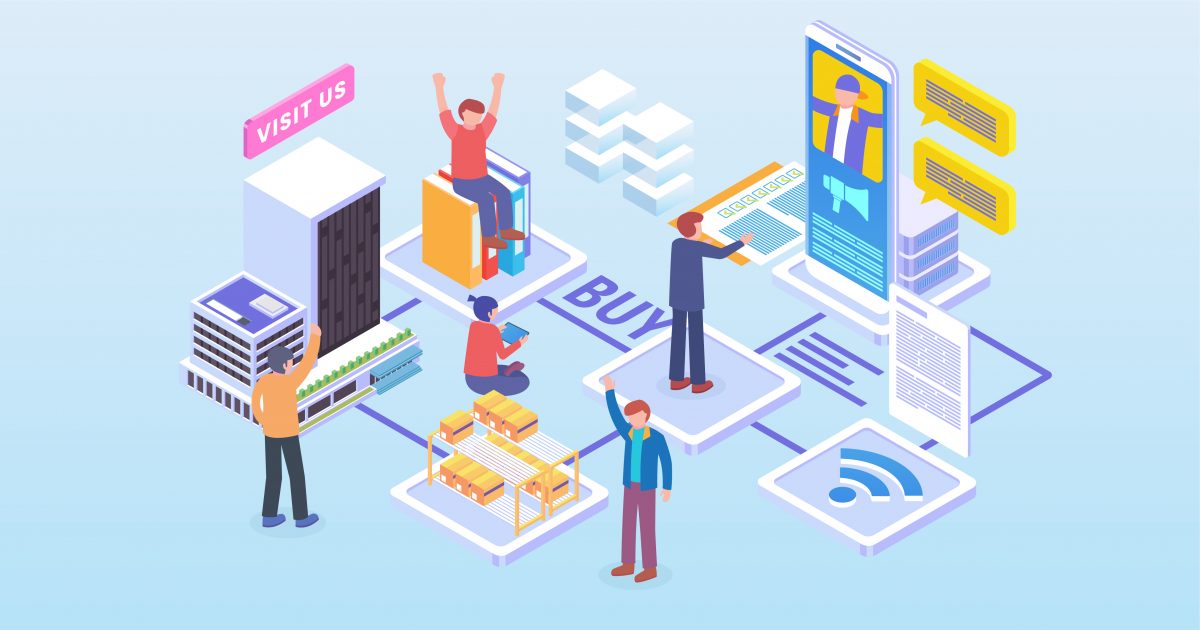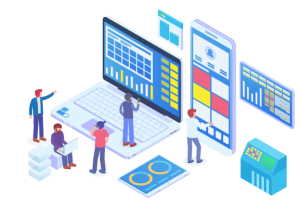
2020 Vision And The New Norm
For many of us, coronavirus reminds us of 9/11 or the 2008 financial crisis, events that reshaped our society in lasting ways, from how we travel and work, to the level of security and surveillance we have all become accustomed to. On 9/11, Americans discovered we are vulnerable to calamities we thought only happened in distant lands. The 2008 financial crisis told us we could also suffer the afflictions of the past, such as the economic meltdown of the Great Depression. Now, the 1918 flu pandemic is a sudden specter in our lives. A global pandemic keeps us confined and contained in our homes -maybe for months- is already re-orienting our lifestyle, our relationship to the outside world, and even our relationships to each other.
We are seven weeks into this massive time-out. Many of us have spent much of that time trying to get used to the radical lifestyle change. Where will we be in six months, a year, ten years from now? I lie awake at nights, wondering what the future holds for us. I wonder what will happen and what is the new norm. As I sit back and think about the end of the crisis and address the now, we must start planning for tomorrow; we must consider the lasting shifts that will be the legacy of the novel pandemic.
As a technologist and futurist, I see COVID-19 spurring digital transformation, experience transformation, and technology adoption. Fear of contagion is leading many to use digital currencies; social distancing is promoting work from home and work from anywhere. We are leveraging robotics for the delivery of goods and transportation of people, tapping into the sharing economy to liberate additional capacity for housing, mobility, and freight during emergencies, building automated and flexible production lines and supply chains allowing scalability and regional independence, and massively deploying online and remote capabilities for education, healthcare, meetings, and entertainment are becoming the norm.
Shifting Internet Traffic Patterns
Covid-19 has resulted in what is effectively the most extensive “work from home” & “work from anywhere” experiment ever conducted in human history. We see the effect of shifting internet traffic patterns. Homeschooling and online/ distance education is normal and accepted by society. We are finding unconventional ways to connect with coworkers, friends, and family, and employers are more flexible in how they respond to employee needs through more dynamic technology. As the crisis continues, it’ll accelerate globalization and the development of the next-gen remote culture and a new lifestyle.
COVID-19 has transformed online shopping from a nice-to-have to a must-have around the world. Online shopping needs to be supported by a robust logistics system. As we move forward, we’ll see contactless delivery services where goods are picked up and dropped off at a designated location instead of from or into the hands of a person. However, before robot delivery services become prevalent, delivery companies need to establish clear protocols to safeguard the sanitary condition of delivered goods.
In healthcare, we have started to see the adoption of digital health tools—from assessment services to telemedicine. This has rapidly accelerated, with healthcare organizations globally looking to digital solutions to support their efforts against the pandemic. We are witnessing a step-change in the adoption of digital health solutions as it becomes an essential part of the way forward and the new norm.
As we look at the reopening of the world, people will be looking for affordable, reliable ways to stay socially distant. At the same time, commuting may evolve, including turning to transportation options such as autonomous cars ride share, bike share, and scooters. It is an opportunity for us to consider reshaping our cities, building them around people and not cars.
The pandemic will have a lasting impact on manufacturing as it gets a walkup call. In the short term, companies are concerned about the supply chain. In the long term, once we emerge from the crisis, I expect businesses to quantify the risks better. The current way of building products in centralized factories with low-cost labor halfway around the world simply can’t weather storms of uncertainty. Moving forward, factories and supply chains will be required, and businesses will mandate much more resilient manufacturing through onshoring, full automation, robotics, and machine learning.

The New Norm
Since these technologies will generate efficiency gains, organizations will retain them. This process will reshape entire industries and reframe the nature of work and learning. Companies will rethink their real estate strategy and footprint, new collaboration and teamwork models will continue to emerge, and remote learning will redefine education.
All the aforementioned require a change, which is the new norm. This experience transformation journey relies on 5G, artificial intelligence, machine learning (ML), Edge, Big Data, IoT, Blockchain, Quantum computing, augmented and virtual reality, location technologies, cloud and entertainment localization, and robotics. The adoption of these technologies will help accelerate the digital transformation we have been exploring for the past decade.
COVID-19 has demonstrated the importance of digital readiness, which allows business and life continuing. Building the necessary infrastructure to support a digitized world and stay current in the latest technology is essential for any business or country to remain competitive in a post-COVID-19 world, as well as take a human-centered and inclusive approach to technology governance.
With a good strategy and strong execution, we will return to a safer and a united world.
“We must consider the lasting shifts that will be the legacy of the novel pandemic.”
instor solutions
the instor difference
INSTOR SOLUTIONS: Founded in 1996, Instor is a global leader in data center design, build, management, structured cabling, power infrastructure, data center moves & migration, specialized containment, and cooling solutions. Instor has designed and installed infrastructure solutions for high-growth startups to Fortune 100 companies and public institutions. Based in the San Francisco Bay Area, Instor operates throughout the U.S. and in the European Union and has offices in Ashburn, Virginia, Dallas/Fort Worth, Texas, Hillsboro, Oregon, and a European branch in Dublin, Ireland. Additional information can be found at https://www.instor.com.
Instor Data Infrastructure
Analysis
With the explosion of new challenges and exciting new technology on a daily basis it doesn’t take long for once great strategies and design to grow cumbersome and inefficient. Our team of experts have the answers to your biggest questions and can provide an extensive analysis of your data infrastructure. It’s efficiently provided and at no cost to you.



